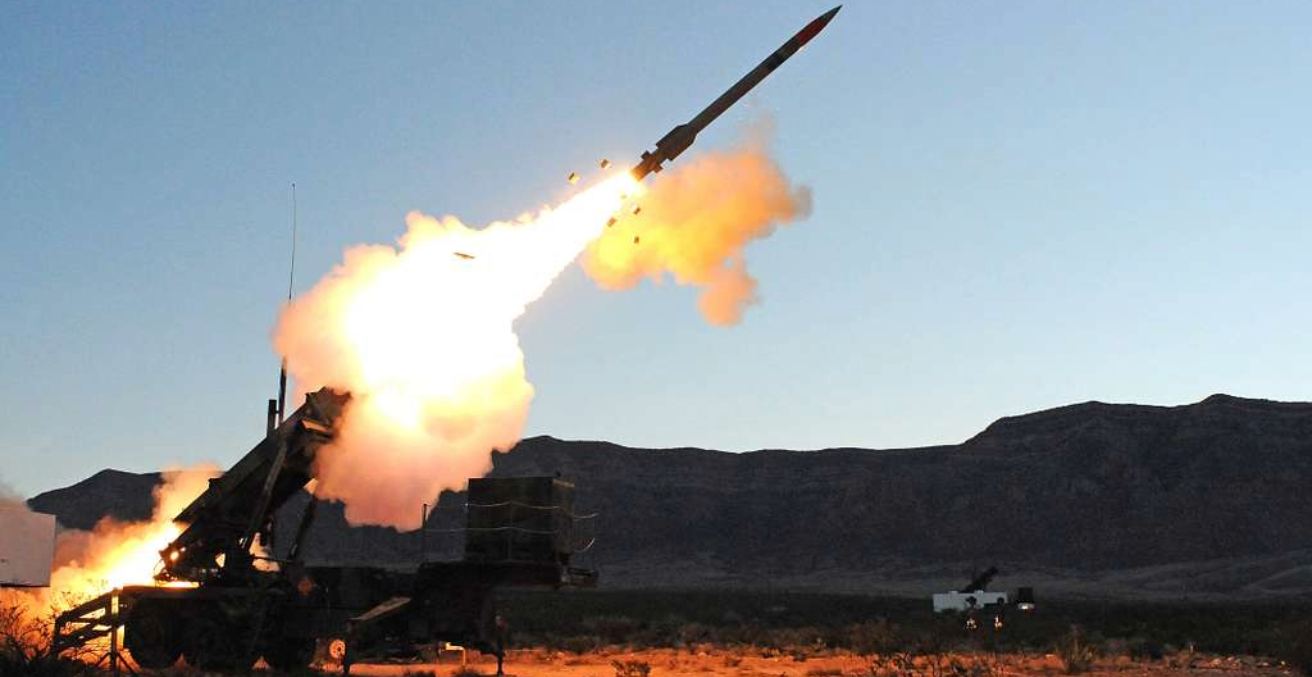The latest news about the likely German and British joint military project to develop the “Super-Taurus” missile system indicates the future of the European plan to strengthen and advance its conventional capabilities to maintain a credible deterrence against an adversary without crossing the nuclear threshold.
Europe has for nearly three-quarters of a century, relied on the extended nuclear deterrence provided by the United States for its security. Yet, Donald Trump’s second term introduced uncertainty, marked by his wavering support for European allies, which in turn undermined the credibility of the US nuclear umbrella—a cornerstone of reliable nuclear deterrence.
The development, which has coincided with the marked deterioration of transatlantic ties, has sparked new debates in Europe about future dependence on US nuclear guarantees for their security, bringing the argument of the New York-for-Paris dilemma back into focus. This European scepticism over Washington’s resolve to protect Europe stems from three major developments: (1) Trump’s Americanism, (2) his growing cynicism about Europe, and (3) America’s strategic pivot to the Asia Pacific to contain China.
To manage and protect the interests of a likely minus-America Europe, a broad spectrum of proposals are being considered to plug the nuclear gap of European security architecture. Despite decades of European policy of nuclear non-proliferation, senior leadership of various European states are now explicitly advocating for independent national nuclear programs. However, the chances of getting their individual nuclear programs off the ground are slim as the current non-nuclear European states, with an exception of Germany, lack the existing infrastructure to begin an independent nuclear program. Germany’s large nuclear stockpile, even if repurposed to create weapons-grade fissile material, could make approximately 5 to 15 nuclear warheads, a far cry from establishing a robust nuclear deterrent.
Similarly, some scholars have argued in favour of making a so-called Euro-bomb, also referred to as a “Euronuke” or “Eurodeterrent” option for the collective security of Europe. This option faces legal, political, and bureaucratic hurdles, as well as major economic and technological impediments. Politically, there is another concern over the collective control of such nuclear force. A case in point is France, who are the only nuclear power country of the European Union. It maintains an independent nuclear deterrent force which remains under the sole control of its president. Then, legally, the difference of political systems in European states and their respective non-proliferation agendas would further complicate any such possibility of nuclear cooperation.
Some, including German Chancellor Friedrich Merz, have pitched the idea of leveraging existing French and British nuclear arsenals to strengthen collective European nuclear deterrence. However, despite French President Emmanuel Macron’s hint at extending the French nuclear umbrella to other European countries, it would require joint decision-making structures and nuclear sharing arrangements with European partners, a scenario which appears far-fetched at present.
France’s nuclear program is independent from the US, and it maintains a traditional nuclear policy aimed at national security. Unlike the UK, it does not give an extended nuclear guarantee to other North Atlantic Treaty Organization (NATO) members and stays outside the NATO Nuclear Planning Group (NPG). Domestically, France faces intense opposition from far-right parties against any attempt at “Europeanisation” of French nuclear deterrence, who call for the program to be kept exclusively French. As far as the UK is concerned, its exit from the European Union after Brexit and the fact that its nuclear program is highly dependent on US support, makes any unilateral British pledge and resolve toward European protection less credible.
All these proposals involving nuclear proliferation seem to remain problematic and impractical, at least for the foreseeable future. In the short term, the only viable option available to Europe is the strengthening of its conventional capabilities to deter an adversary, including a nuclear one.
In this context comes the recent development of the “Super-Taurus” missile system between Germany and the UK. Traditionally, Taurus missiles have been considered among the most powerful weapons in Germany’s arsenal, not least because of their range of nearly 500km. Germany possesses nearly 600 of them. The proposed Super-Taurus, once manufactured, would have a range of almost 2000 kilometres. As the nuclear option appears impractical and difficult in the short term, Europe is ramping up its military spending in the conventional domain as reflected in its “Defence Readiness 2030″ rearmament initiative, as well as in NATO’s plans to call on its members to increase defence spending to five percent of GDP.
Over the years, more states have begun harnessing missile technology in their warfare strategy due to significant improvements in quality and precision, as witnessed in the ongoing Ukraine war, the Twelve-Day War between Iran and Israel, and the India-Pakistan conflict in May this year. The leveraging of missile technology by states involved in these conflicts without resorting to nuclear brinkmanship has underscored the growing relevance of conventional deterrence in modern warfare.
For instance, Iran, without possessing nuclear weapons, relied on a sophisticated missile arsenal to inflict damage on nuclear-capable Israel, whilst Ukraine is firing advanced long-range missiles into Russia. Pakistan’s conflict with India also presents an interesting scenario. Though Pakistan’s nuclear weapons have traditionally been at the forefront in deterring India’s conventional superiority, Islamabad’s conventional preparedness, which was demonstrated through precise missile responses and the swift downing of Indian aircrafts both in 2019 and in 2025, played an important role in maintaining strategic stability on a conventional level without resorting to a nuclear response.
Europe has perhaps recognised that deterrence can be achieved through strong and intelligent conventional capabilities, without taking a dangerous drift toward nuclearisation, an approach which can undermine the global Non-Proliferation Regime and accelerate a nuclear arms race.
Mobeen Jafar Mir is a Research Officer at the Centre for International Strategic Studies (CISS), Islamabad. His research focuses on U.S. foreign policy, particularly in the areas of strategy, technology, and arms control. He is currently pursuing an M.Phil. in International Relations at the School of Politics and International Relations, Quaid-i-Azam University, Islamabad. He can be found on Twitter @jafar_mobeen.
This article is published under a Creative Commons License and may be republished with attribution.





